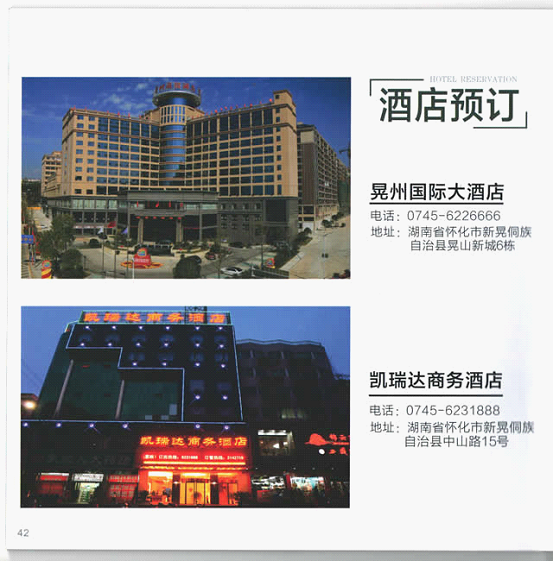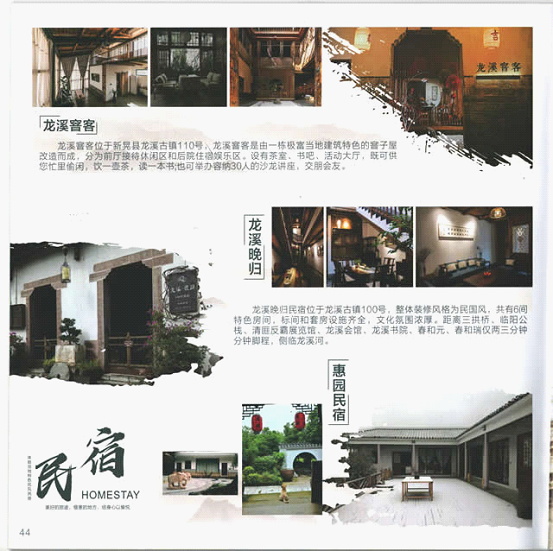Xinhuang Dong Autonomous County is located in the westernmost part of Hunan Province, straddling the border between Hunan and Guizhou. Covering an area of 1,502 square kilometers, it administers 9 towns, 2 townships, and 137 villages, with a total population of 254,000. The county is home to 26 ethnic groups, including the Dong, Miao and Hui, with their population making up 86.7% of the total, of which the Dong ethnic group comprises 80.13%. As a revolutionary old district, Xinhuang serves as a crucial node on the Hunan-Guizhou high-speed railway economic belt and is designated as a demonstration zone for the protection of national geographical indication products.
Xinhuang holds an advantageous geographical position and convenient transportation links. Located in the westernmost part of Hunan and bordered by Guizhou on the south, west and north, it is known as the “Thoroughfare between Hunan and Guizhou”. The Hunan-Guizhou Railway, National Highway 320, and National Highway 242 traverse the county, while the Shanghai-Kunmking Expressway and the Shanghai-Kunming High-speed Railway pass through the county. The county seat is just a 40-minute drive from Zhijiang Airport in Hunan and a 50-minute drive from Tongren Fenghuang Airport in Guizhou.
Xinhuang is rich in resources and produces a variety of local specialties. Xinhuang yellow cattle and Cinnamomum camphora are recognized as national geographical indication products. Additionally, Xinhuang Dong red rice has been included in the list of important agricultural cultural heritage in China. Xinhuang is also one of the main production areas for Huangjing (Polygonati rhizoma), a key medicinal material in China.
Xinhuang boasts a rich cultural heritage and beautiful ecological scenery. The Dong culture, rice cultivation culture, and Nuo culture are well-preserved, with the Nuo Opera “Dongdong Tui” included in the first batch of the National Intangible Cultural Heritage List. The Dong Grand Choir is inscribed on the Representative List of the Intangible Cultural Heritage of Humanity.
(Translated by Yang Hong)


